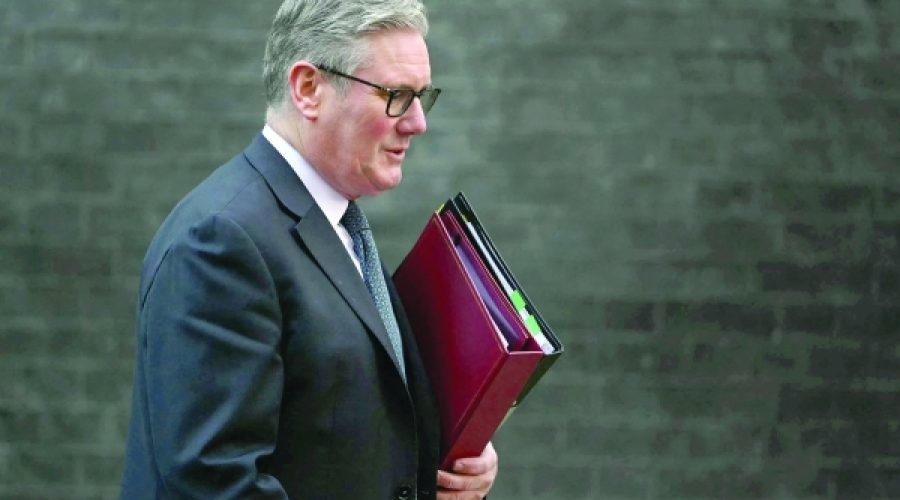UK Unveils Tax-Raising Budget: What It Means for Business Growth and Investment Opportunities
LONDON — Britain’s centre-left Labour government announced a tax-increasing budget on Wednesday aimed at reducing national debt and funding public services, while forecasting slower economic growth in the coming years.
Ahead of the budget release, Prime Minister Keir Starmer pledged to cut National Health Service waiting times and address the ongoing cost-of-living crisis, seeking to bolster Labour’s appeal amid rising support for the hard-right Reform UK party.
Finance Minister Rachel Reeves, who introduced business tax hikes in her first budget last year, returned with new measures targeting workers. According to official figures, these measures are expected to generate an additional £30 billion ($40 billion) in tax revenue by 2030-2031.
The primary driver of the tax increase is a freeze on income tax thresholds, which will push more workers into higher tax brackets, reversing commitments made in last year’s budget shortly after Labour’s election victory. Reeves, serving as Chancellor of the Exchequer, emphasized to parliament that her approach represents deliberate choices, not austerity, borrowing, or neglecting economic fairness. “My choices are a budget for fair taxes, strong public services, and a stable economy,” she stated, as the country grapples with a £20 billion shortfall in public finances.
Additional fiscal measures include higher taxes on online gambling, a new tax on luxury properties, a mileage-based charge for electric vehicles, and a cap on pension benefits. Most of these policies will take effect from 2028, near the end of the current parliamentary term.
Reeves also announced significant spending initiatives, such as ending the two-child benefit cap and increasing the minimum wage and pensions above inflation rates. Other relief measures in the budget include frozen rail fares and prescription charges, alongside reductions in energy bills.
The Office for Budget Responsibility (OBR) revealed, in a report accidentally published just before Reeves’s budget speech, that while Britain’s economy is on track to exceed growth expectations this year, it is expected to slow more sharply between 2026 and 2029.
The UK continues to face challenges with a deficit close to 5% of GDP, high inflation, and rising unemployment. However, the OBR’s projection of an improved fiscal outlook offered optimism to financial markets, leading to a rise in the pound and a slight decline in government bond yields.
Special Analysis by Omanet | Navigate Oman’s Market
Britain’s new tax-raising budget signals increased fiscal tightening and slower economic growth, posing potential challenges for international investors and exporters linked to the UK market. For Omani businesses, this creates an opportunity to diversify trade and investment partnerships beyond the UK while staying cautious of the indirect effects of a slower UK economy. Smart investors should monitor shifts in UK demand and consider hedging strategies or expanding into emerging markets to mitigate risks.



